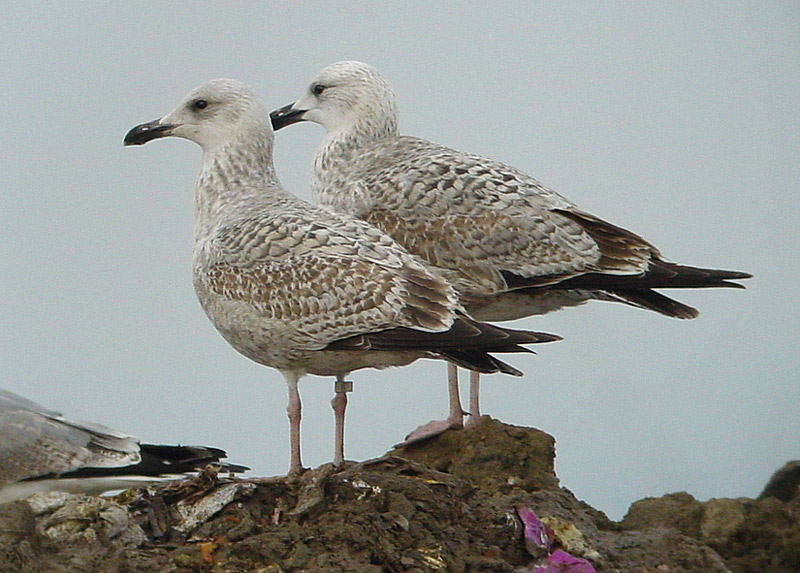 Herring Gull- Zilvermeeuw (argentatus & argenteus)
Herring Gull- Zilvermeeuw (argentatus & argenteus)
(last update:
Herring Gull plumages:
hg 1cy July
hg 1cy August
hg 1cy September
hg 1cy October
hg 1cy November
hg 1cy December
hg 2cy January
hg 2cy February
hg 2cy March
hg 2cy April
hg 2cy May
hg 2cy June
hg 2cy July
hg 2cy August
hg 2cy September
hg 2cy October
hg 2cy November
hg 2cy December
hg 3cy January
hg 3cy February
hg 3cy March
hg 3cy April
hg 3cy May
hg 3cy June
hg 3cy July
hg 3cy August
hg 3cy September
hg 3cy October
hg 3cy November
hg 3cy December
hg sub-ad January
hg sub-ad February
hg sub-ad March
hg sub-ad April
hg sub-ad May
hg sub-ad June
hg sub-ad July
hg sub-ad August
hg sub-ad September
hg sub-ad October
hg sub-ad November
hg sub-ad December
hg ad January
hg ad February
hg ad March
hg ad April
hg ad May
hg ad June
hg ad July
hg ad August
hg ad September
hg ad October
hg ad November
hg ad December
|
(3 images) Herring Gull T 93788 2cy (argentatus), January 15 2004, Lubna rubbish dump, Poland (52°02'N 21°08'E ).
This individual was ringed in Estonia, Matsalu T-93.788. It was ringed the previous summer as pullus at June 24 2003, at Outu Kivilaid, Lääne, Estonia (58.32N 23.35E). All scapulars have been replaced for second generation feathers. The inner wing-coverts and upper tertials show clear abrasion.
|


